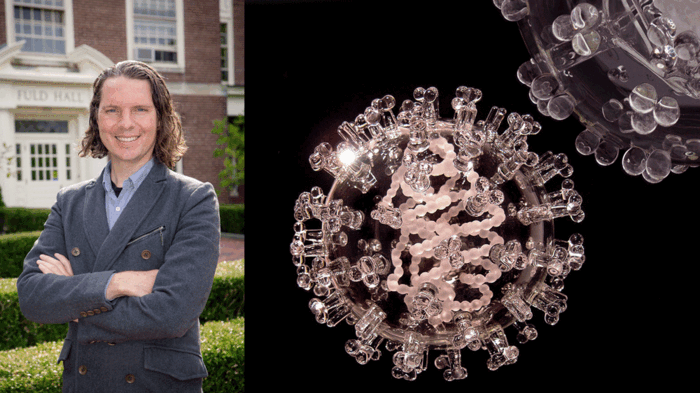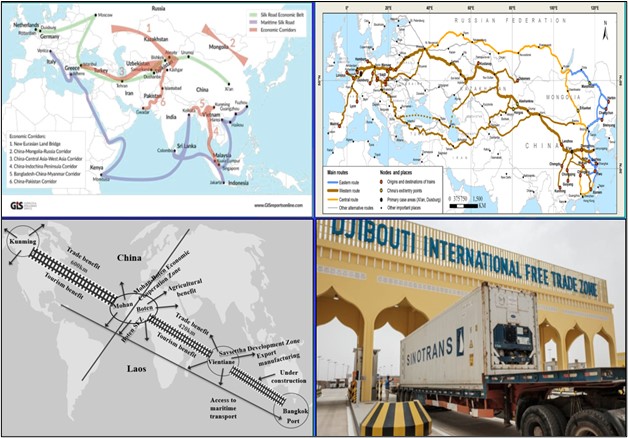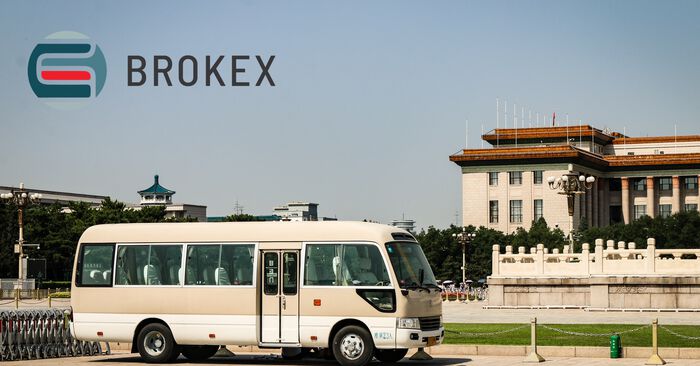Guest lectures and seminars - Page 3
Join us for a CIMS seminar with Sardar Aziz, on superpower engagement and relations with Kurdistan.
The first Welcome to the Anthropocene lecture will be led by Dr. Hanna Guttorm, senior researcher at the University of Helsinki, who focuses on Indigenous studies and is a member of Helsinki Institute of Sustainability Sciences.
With a proportion of 43 percent of women in its national legislature since 2020, Taiwan has arguably become Asia's leader in women's political representation. Dr. Chang-Ling Huang offers some perspectives on how and why that is.
Join us for the book launch of Sunni City: Tripoli from Islamist Utopia to the Lebanese Revolution. Tine Gade (NUPI) discusses her study of the political history of Tripoli, and how it reflects upon wider national and regional dynamics of Lebanon and the Middle East, in conversation with Brynjar Lia.
Democratisation is arguably Taiwan’s most significant achievement since 1945. This lecture addresses the impact of cultural democratisation by using Taiwan cinema as a case study.
Join us for a CIMS seminar with Professor Jakob Skovgaard-Petersen from the University of Copenhagen, reflecting upon the cultural and historical trajectories of the Prophet. The conversation will be led by Ragnhild J. Zorgati.
The religious landscape of Taiwan is made of a large variety of denominations. Buddhism, Daoism, Yiguandao, and also Christianity, Islam, aboriginal religions: These are just some of the faces of Taiwanese religion. These beliefs and practices also appear in society in different forms and on several platforms.
Velkommen til Arabiske Filmdager og samtale om politisk satire med “Midtøstens Jon Stewart”!
Join us for the book launch of The Modern Arabic Bible: Translation, Dissemination and Literary Impact, exploring how nahda translations of the Bible transformed Arabic language and literature. Rana Issa discusses her book, published by Edinburgh University Press in 2023, in conversation with Ingeborg Amadou Fossestøl.
Sayragul Sauytbay will give unique insight into what is happening in Xinjiang concentration camps, and what the Communist Party's ideology and strategy is.
Taiwan as the cradle of Austronesian expansion is a widely accepted hypothesis. This lecture discusses the significance of Taiwan as an island.
The whale is held to have great symbolic meaning, as an environmental emblem, as food, as tourist attraction, and more. In Andenes, Vesterålen, two anthropologists, Britt Kramvig and Sadie Hale talk about their search for different kinds of whales and the particular ways that the whale-as-symbol is contested in this place.
This lecture will address Taiwan’s relations with mainland China and Taiwan’s domestic developments since 1949.
The 2008 Taiwanese film Cape No. 7 海角七號, directed by Wei Te-sheng, will be shown on Tuesday 14 Feb from 12.00 (NOT 12.15!) in seminar room 2, P. A. Munchs hus. This is one of the films Ming-yeh T. Rawnsley will discuss in her lecture on 21 March.
In this talk, professor of cultural studies, Ben Highmore explores the role of playgrounds in equipping the young with skills to face a climate catastrophe. How should we understand the history of playgrounds? What is their relationship to their environments and the environment, and what role could they play in the current climate emergency?
This lecture will discuss the key issues and debates in post-Martial Law Taiwan by reviewing recent scholarship and representative works by local historians.
This lecture will introduce the major trends and development of Taiwan history using the collections and exhibitions of National Museum of Taiwan History as examples.
In this talk, professor of design history Dr. Kjetil Fallan, explores design interventions at, and in the wake of, the United Nations Conference on the Human Environment in Stockholm 1972. What can design activism tell us about the conference's influence on future political decision-making? Or about the development of environmental thinking and ecologically informed design ideology in Scandinavia?
In this talk, Professor of Anthropology, Dr. Lesley Green, will draw on current Anthropocene scholarship in the environmental humanities and social sciences to suggest four approaches to strengthening trans-disciplinarity engagement between social and natural sciences.
How has our understandings of relations between soil, plants, and fungi have changed over time? In this lecture, professor of anthropology Dr. Michael J. Hathaway will explore the role of fungal mycelium in engaging the soil matrix.
The environment is having a massive impact on music, changing what music is and how it comes to be, not just what it is about or how it sounds. In this lecture, Dr. Kyle Devine, professor of musicology at UiO, presents the nuances in this Great Recomposition, and the importance of overriding our defaults.
In this lecture, the Medical Humanities and the Environmental Humanities meet. Associate Professor Eben Kirksey from the Alfred Deakin Institute at Deakin University, Australia, will introduce us to the "virosphere".
Are you writing your MA or Ph.D. thesis on Chinese cities, global urban studies, infrastructure, Special economic zone, urbanism, or the Belt and Road initiative?
The Chinese political system includes several million full-time professional staff often referred to as 'cadres'. Who are these local administrators, and how important are they for the Chinese Communist Party's developmental policies? How will it influence an individual to become a CCP cadre? In this seminar, we will examine cadres' roles from the perspective of two case studies, one focusing on environmental policies and the other with a focus on gender.
How important is gender for young people in contemporary China? What challenges and aspirations are central to young Chinese women? This seminar will focus on how young women from China negotiate different expectations and identities both inside and outside their homeland.
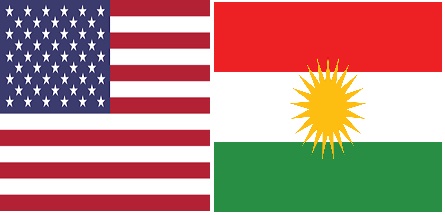
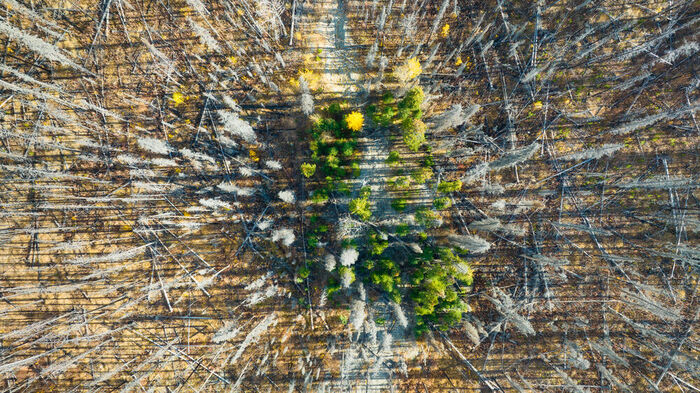
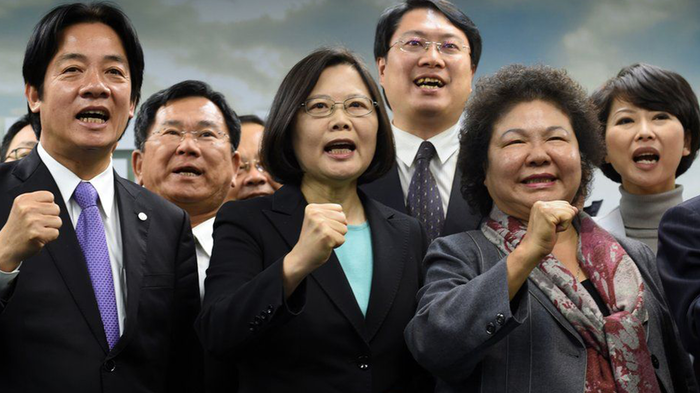
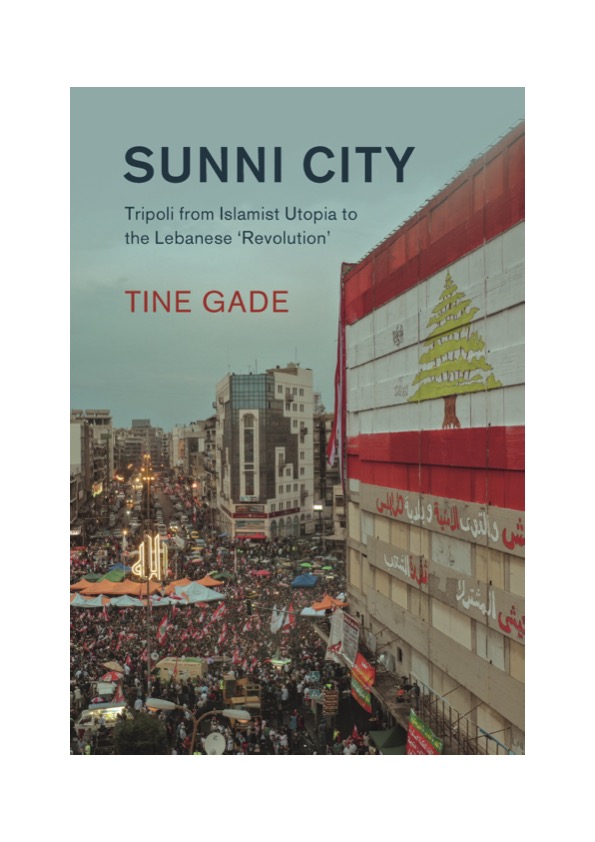
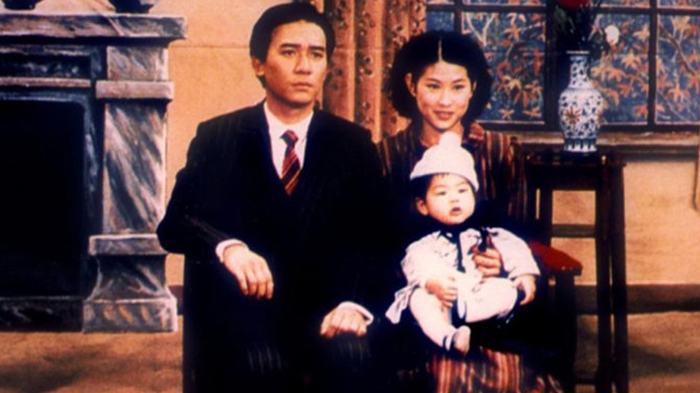
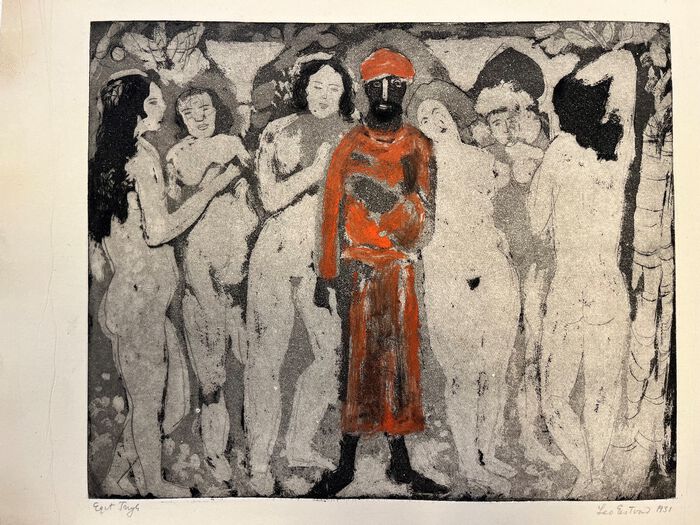
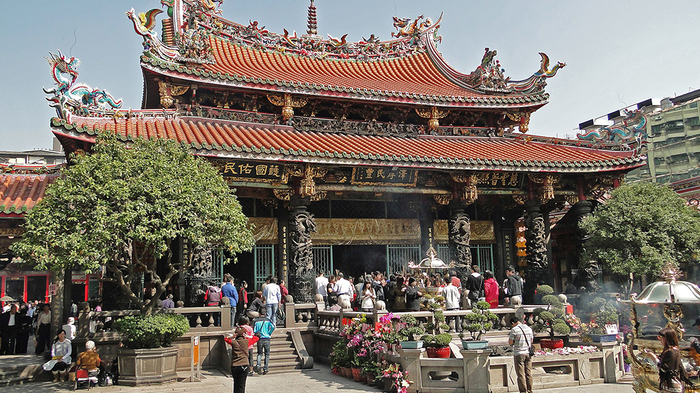
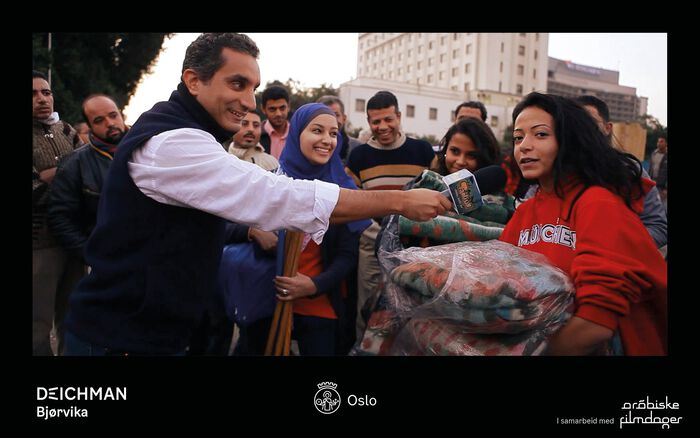

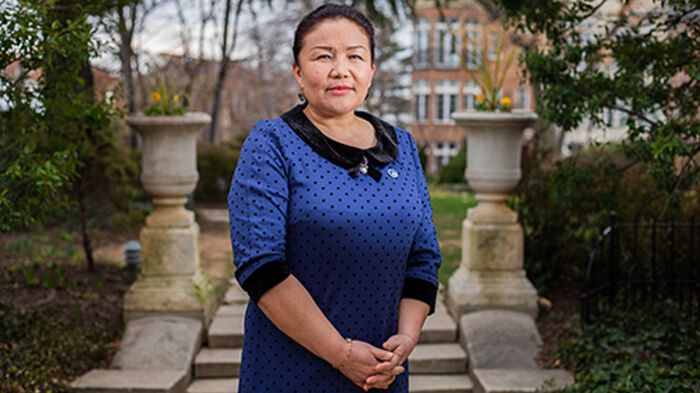
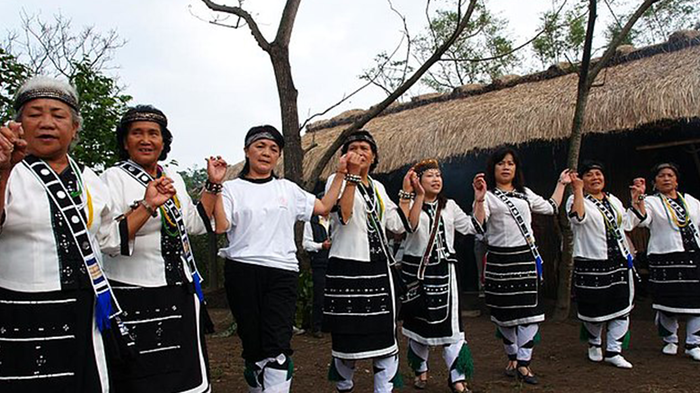
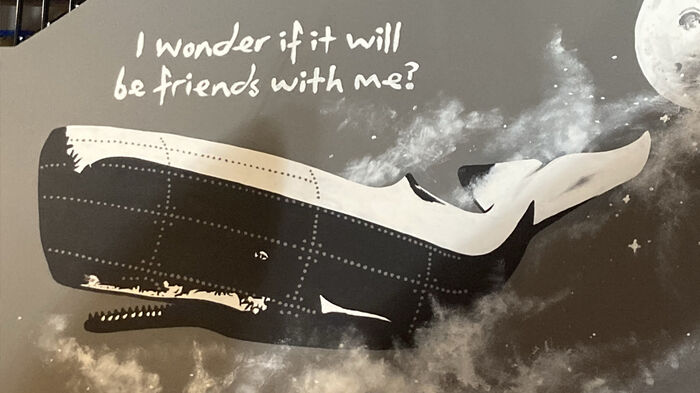
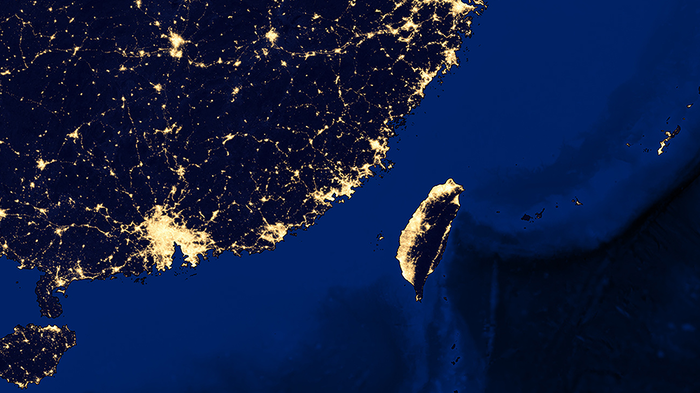
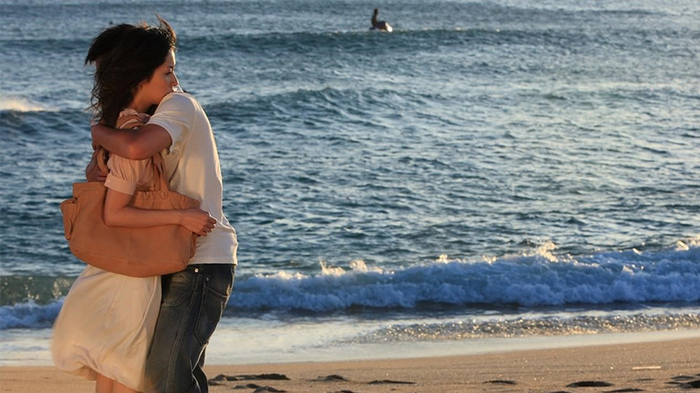
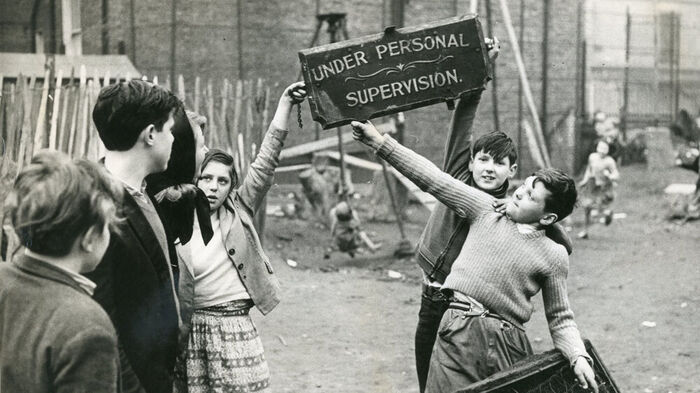

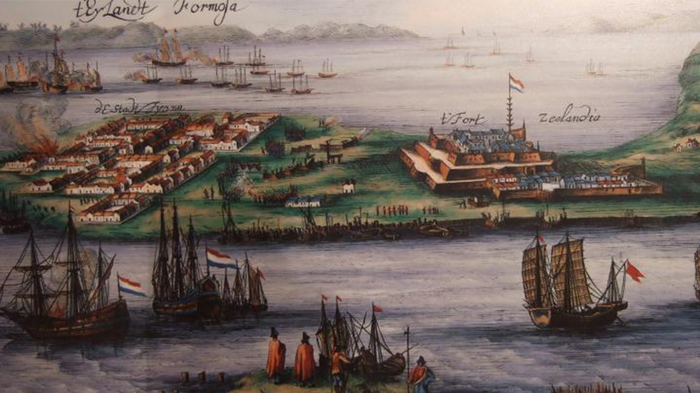
.jpg?alt=listing)
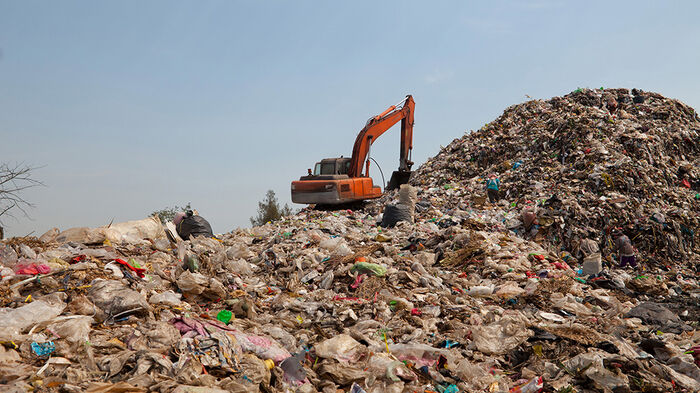
_mycelium_in_petri_dish_on_coffee_grounds-copy.jpg?alt=listing)

